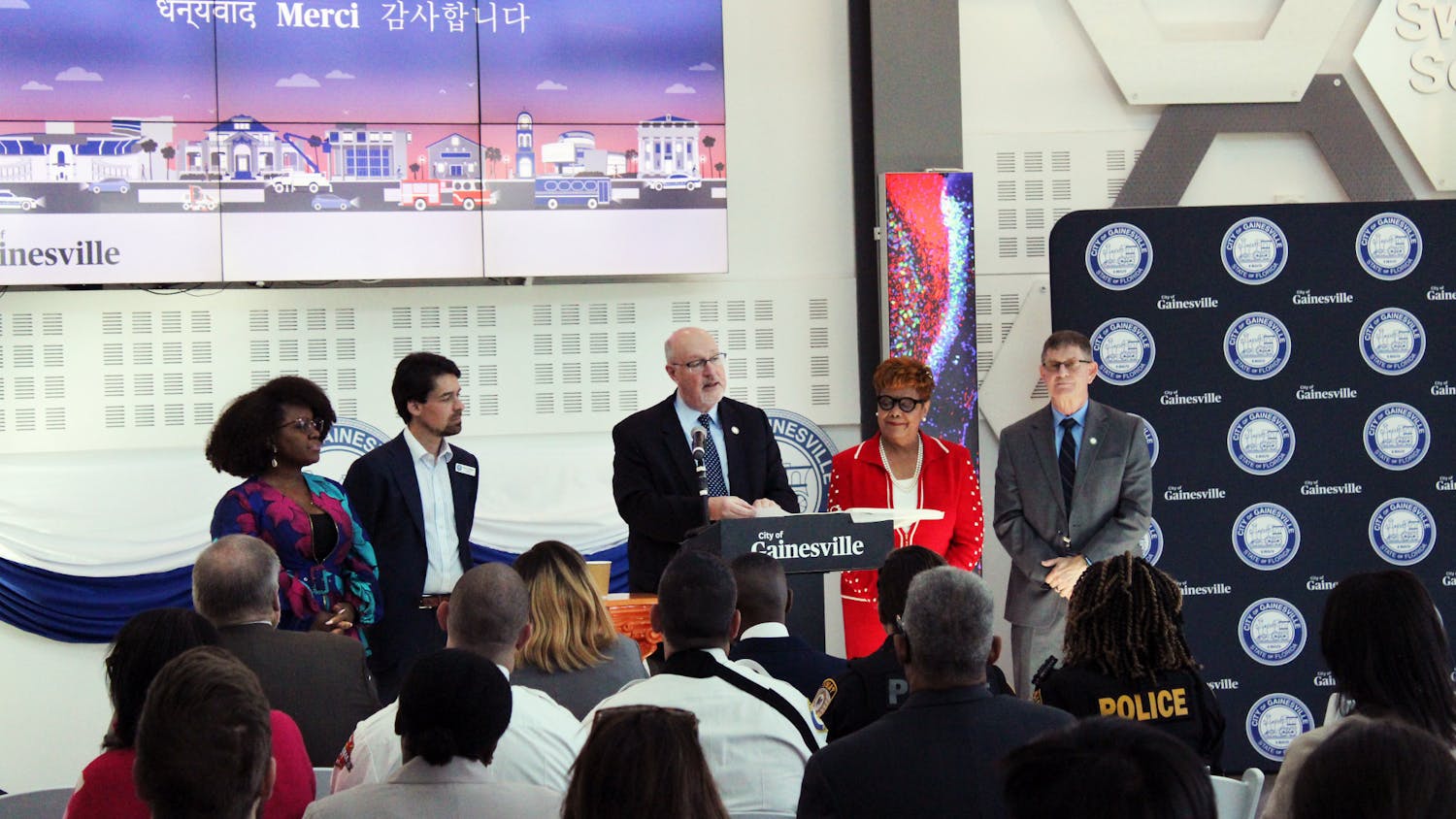Reading is important. This lesson is reiterated from the time we’re toddlers throughout our education. Despite constantly being told that reading is crucial for a successful life, many Americans lack basic reading skills. In 2017, it was reported that 43 percent of American adults read at an eighth-grade level or lower (Zoukis). Reading, however, is not just mere entertainment. Reading can determine one’s future.
There is a direct relationship between low literacy rates and the prison industrial complex. The school-to-prison pipeline is tightly bound to literacy rates. Reading skills, or lack thereof, can influence the likeliness of one’s involvement in the criminal justice system, according to Christopher Zoukis, the author of “Federal Prison Handbook.” Zoukis reports that about 60 percent of America’s inmates are illiterate. Early education is the most important aspect of fighting illiteracy and incarceration rates. The US Department of Justice reports that “the link between academic failure and delinquency, violence and crime is welded to reading failure.” Also, nearly 66 percent of students who are unable to read competently by the end of fourth grade will be arrested or end up on welfare. Therefore, it is imperative we begin to combat these statistics by improving reading skills amongst young children. Stemming incarceration rates begins in childhood; the improvement of literacy skills can cause a lasting change in one’s life.
Unfortunately, the academic achievement gap in Alachua county is absolutely staggering. In education, an achievement gap refers to “the disparity in academic performance between groups of students.” Alachua County has one of the largest educational disparities in Florida. According to ProPublica, in Alachua county black students are, on average, 3.5 grade levels lower than their white peers. This dichotomy in academic skills makes it difficult to improve, as the teacher aims to move on so as to continue to teach the students that are proficient in subject areas such as reading and math. This is unacceptable.
Between UF and Santa Fe, there are approximately 70,000 college students in Gainesville. There is no reason why in the county that houses the seventh ranked public university in the nation, students are falling nearly four grade levels lower than their fellow classmates. We ought to go out into our community and help local students by tutoring them in reading. Luckily, there are plenty of local community outreach organizations that focus on closing the gap between students and their reading skills.
Kids Count is one of these organizations. The vision of Kids Count, according to its website, is to “inspire hope, enhance learning, and improve self-confidence while building social skills and concern for others,” as well as “providing an opportunity for students who need extra support in the community to succeed in school and life.” Kids Count has sites at two elementary schools in Gainesville. This group’s primary focus is to improve literacy rates amongst kindergarteners through third graders in order to enrich the lives of children in our community. Kids Count helps students not only learn to read but love to read.
Passion for reading can have a lasting effect on one’s life. Helping students not only acquire the ability to read, but giving them a desire to do so, can greatly impact their lives. We can begin to combat the school-to-prison pipeline by instilling in the students of our community the love of reading.
Hannah Whitaker is a UF English junior.






